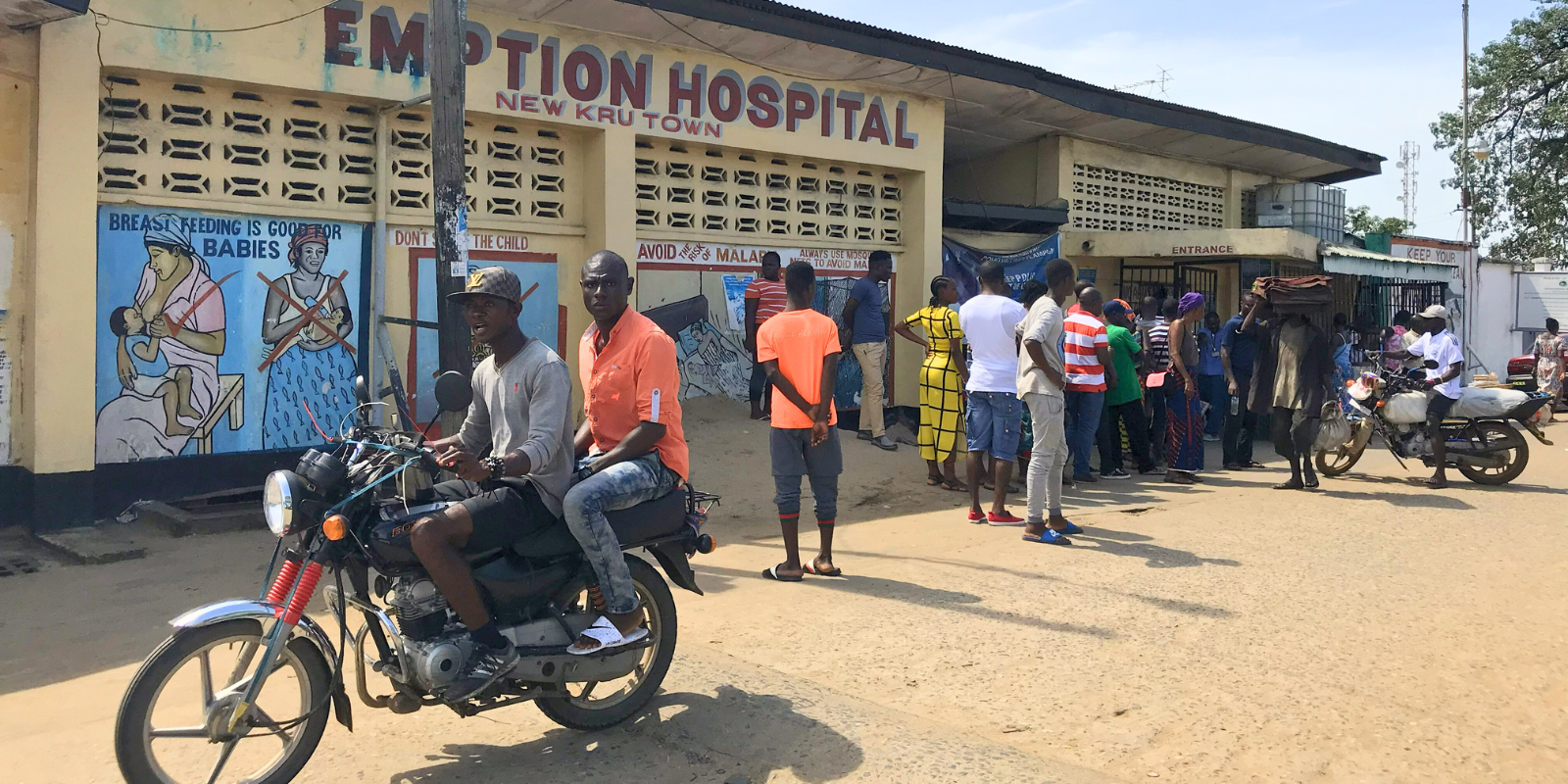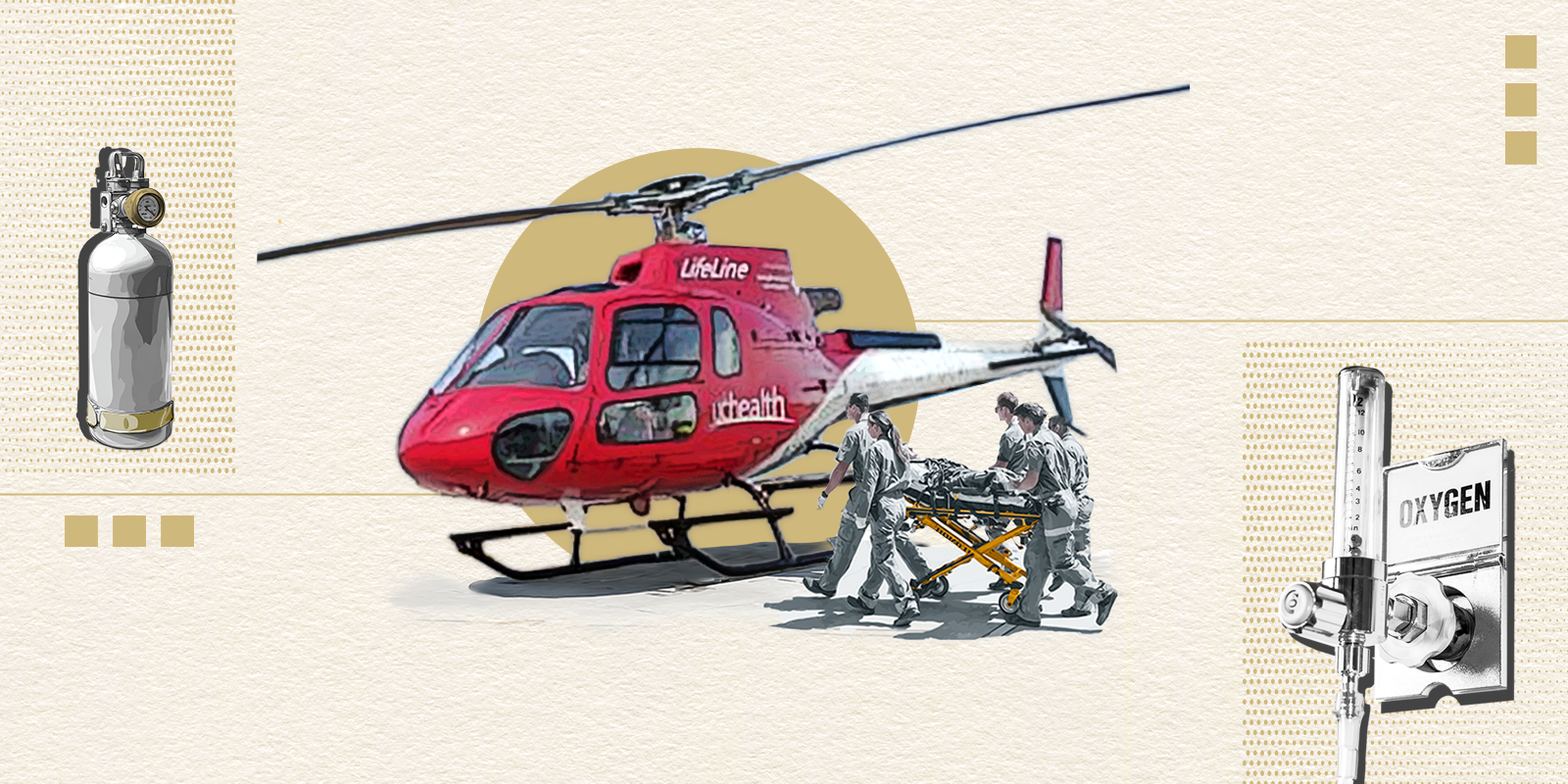Why should mental health be a key focus in protecting veterans at risk for suicide?
Stanley: Veterans and their families have made considerable sacrifices in the service of our nation. We celebrate and honor their service, and promoting psychological health among veterans is a key focus area of COMBAT. As one example, for some veterans, the transition from active duty to civilian life can be difficult. There might be a loss of camaraderie and disruption to existing social support systems during this transition. These and other psychosocial stressors may increase the risk for suicide.
In November 2021, the White House released a strategy outlining five priorities for reducing veteran and military suicide, all of which involve collaboration with the Departments of Defense (DOD), Health and Human Services, Homeland Security, Justice, and Veterans Affairs. The goal is to improve lethal means safety, enhance crisis care, increase access to effective care, address upstream risk and protective factors, and increase research coordination, data sharing, and evaluation efforts. COMBAT and FIPI work in tandem on projects that support these five priorities.
Simonetti: According to the Veterans Affairs 2022 Annual Report, 71% of veteran suicides are due to firearm injury, compared to the 50% of suicides among non-veteran U.S. adults. Many veterans who receive care through the Veterans Health Administration experience depression, substance use disorder, and other mental illnesses that put them at risk of suicide. For that reason, we are working on developing veteran-centered strategies to promote voluntary reductions in firearm access when someone is at risk of suicide, which we hope to extend to veterans who aren’t coming through our doors.
What is the biggest challenge in amplifying the importance of supporting mental health for veterans?
Stanley: Scaling mental health resources is challenging. Veterans who live in rural areas typically have less access to mental health care. Not all veterans are eligible for health care through Veterans Affairs, and there are various barriers to seeking professional mental health care, such as stigma. This means that other care models, including those that focus on peer support, need to be considered.
Simonetti: When we identify that someone who has access to a firearm is at risk for suicide, it’s part of evidence-based care to work with them to identify ways in which they might decide to limit their access to firearms while in recovery. This is challenging for both clinicians and patients. Many clinicians don’t yet feel comfortable talking about firearms or are concerned that they might upset their patients. For veteran firearm owners, many have strong connections to their firearms or the activities and culture related to firearm use. For clinicians, we can help by providing training on firearm-related counseling and continue to build a literature base regarding the acceptability of firearm-related discussions among patients. For patients, I’m not sure we’ve figured out the best way to support them in making hard decisions about their firearms, especially when at-risk individuals also experience a lot of benefits related to firearm use, such as socialization and peer connection.
How are COMBAT and FIPI currently working with and supporting veterans?
Stanley: COMBAT is focused on addressing the military’s toughest medical challenges, including those that impact psychological health. We aim for the research to have broad relevance, including for veterans. A big focus is on conducting cutting-edge research to prevent post-traumatic stress disorder (PTSD) and to minimize the impact of traumatic events. Through our collaboration with FIPI, an additional focus is on firearm suicide prevention. This spring, COMBAT and FIPI co-sponsored a military firearm suicide prevention summit that brought together military and civilian stakeholders from around the United States to the CU Anschutz Medical Campus to share research, strategies, and messaging for addressing and preventing firearm suicide in the military.
Simonetti: FIPI is creating intervention sets and tool kits and engaging community clinicians to reach at-risk veterans. The VA is working to train clinicians and family members to understand suicide risk and developing strategies for those who may be at risk. The DOD actively participates in FIPI’s secure firearm storage projects for the active servicemember populations.
How do you define progress in mental health for veterans? What gives you hope?
Stanley: The vast majority of veterans are resilient in the face of stress. Veterans have faced challenges like no others and have developed a repertoire of coping skills. I am optimistic that the research we are conducting through COMBAT will contribute to new and improved ways to promote psychological health among service members and veterans. By developing and testing evidence-based solutions to these tough psychological health challenges, I am hopeful that the prevalence of suicide among veterans will decrease.
Simonetti: I am hopeful we can develop and refine interventions that reduce firearm suicide risk in our veteran population. A larger goal is that our work, grounded in collaboration with both veterans and firearm owners, will contribute to a conversation change in terms of how we all think about and identify firearm suicide risk. An additional goal is to reduce bias and stigma related to discussing and securing firearms when someone is at risk. FIPI and the VA are making a strong effort and leading the way to prevent veteran suicides.
The 988 Suicide and Crisis Lifeline is a hotline for individuals in crisis or for those looking to help someone else. To speak with a trained listener, call 988.






